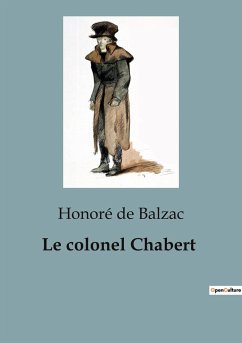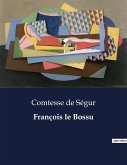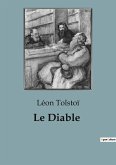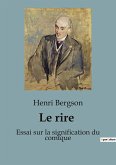"Le Colonel Chabert" is a novella written by the renowned French novelist Honoré de Balzac. It is part of his larger body of work known as "La Comédie Humaine," which provides a comprehensive depiction of French society in the 19th century. The story revolves around the character of Colonel Chabert, a military officer who was declared dead during the Napoleonic Wars. However, Chabert survived but had his identity erased. After returning to France, he faces the challenge of reintegrating into a society that no longer recognizes him, both in terms of his military rank and his social status. The novella explores themes of identity, the consequences of war, and the complexities of human relationships. "Le Colonel Chabert" is celebrated for its portrayal of the struggles and disillusionment faced by veterans and its commentary on the social and legal injustices of the time.
Hinweis: Dieser Artikel kann nur an eine deutsche Lieferadresse ausgeliefert werden.
Hinweis: Dieser Artikel kann nur an eine deutsche Lieferadresse ausgeliefert werden.








